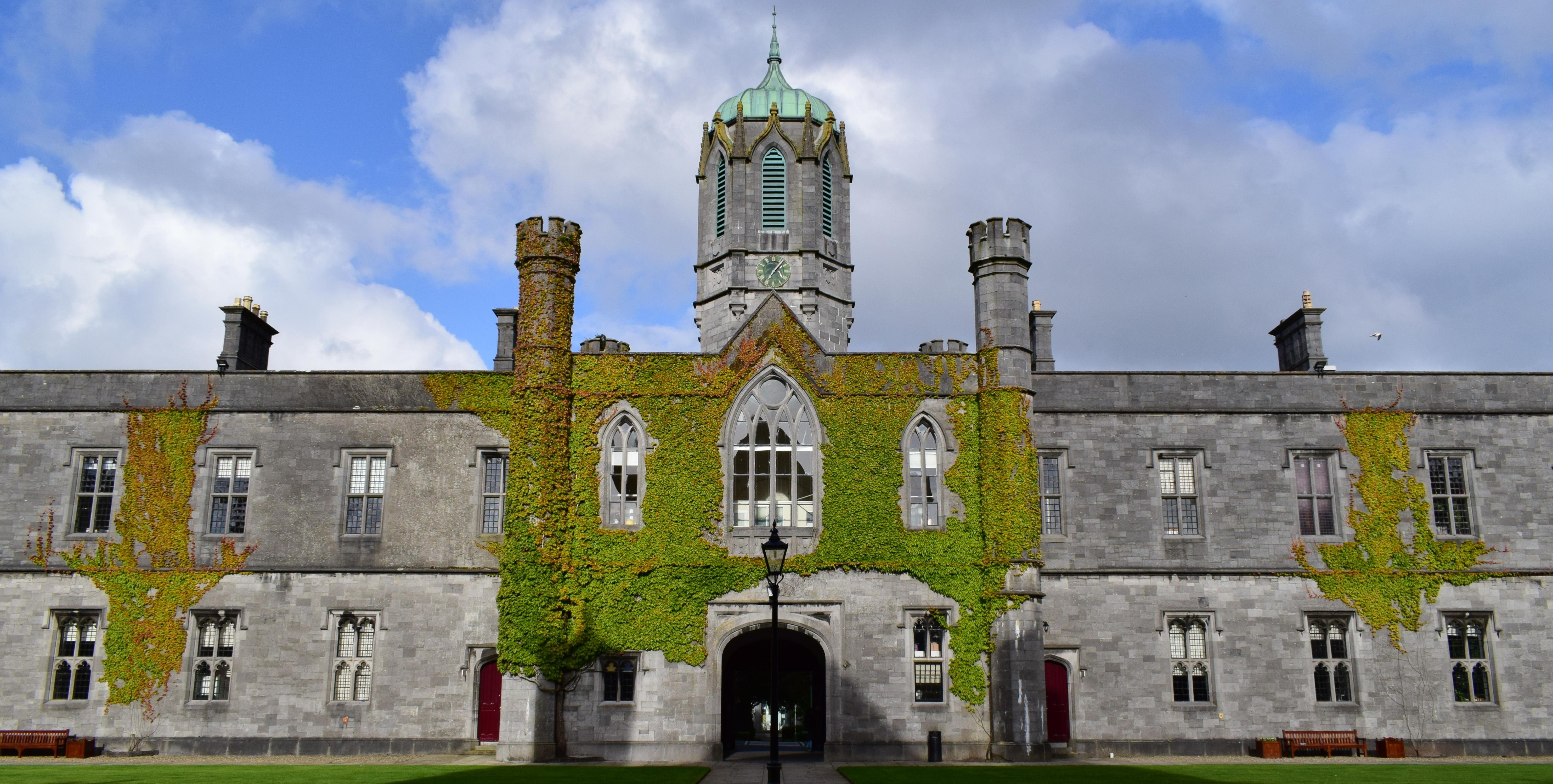Plant development and epigenetics
In our lab we are fascinated about the ability of plants to adapt their development to an ever-changing environment throughout their whole life. The information that plants require to modify their development is encoded in the DNA. Every plant cell carries the same genetic information, but each cell type characterises by the expression of a specific set of genes. This differential regulation is responsible for the distinct cellular phenotypes that compose the body of the plant.
The structure of chromatin, formed by the interaction of DNA and histone proteins, and the epigenetic mechanisms that occur on this molecule are essential during the cellular reprogramming that take place along plant development. Using a combination of molecular techniques our aim is to understand how chromatin-related and epigenetic processes operate and how the activity of different processes is coordinated to regulate gene expression.
Teaching and Supervision
We contribute to teach within the School of Biological and Chemical Sciences as part of the BSc of Sciences degree, Plant and AgriBiosciences (PAB) pathway . The PAB pathway prepares Science Students for the development of a career in the plant and agribioscences sector (click here to read more about our pathway). Our lab is open to students that want to have a hands-on lab experience and to broader their practical knowledge.
Are you an enthusiastic student with an interest in plant science and would like to do an internship in our lab? Contact us and let us know about your motivations to join our lab.
University of Galway
The University of Galway is a research and top-quality teaching university that attracts over 18,000 students and has a large international community from more than hundred different countries. The university is located in Galway city, regarded as the cultural capital of the country.

The University of Galway is also a hub for research in Western Ireland and hosts diverse research centres focused on different scientific disciplines. Our lab is part of the College of Science and Engineering, and the Ryan Institute, which is an inter-disciplinary research cluster focused on sustainability. Our lab has a special interest in plant and agricultural biosciences. We would like to understand how plant development is regulated by epigenetic mechanisms and contribute to identify new molecular tools based on these mechanisms that might be applied for crop improvement.

